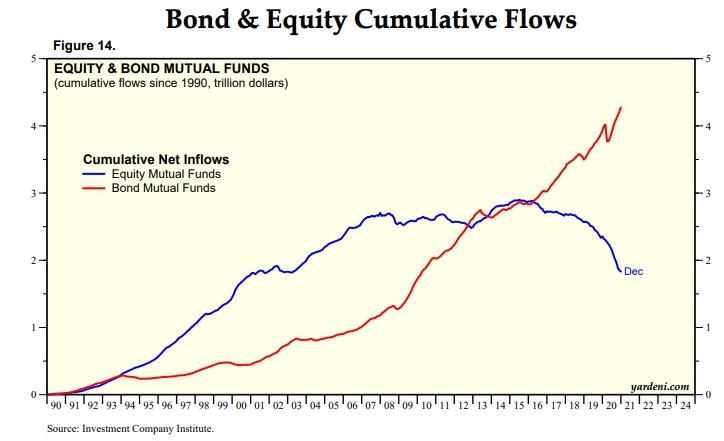We reduced from 85-88% equities during accumulation to 80% at retirement. The idea is that when SS nears, we will let it glide back up. Going too low seems silly as DW could have decades more on this planet plus there appears to be enough left over that we should be thinking about our kids' investment horizons.
This thread is making me nervous seeing all these high equity allocations!
This thread is making me nervous seeing all these high equity allocations!

